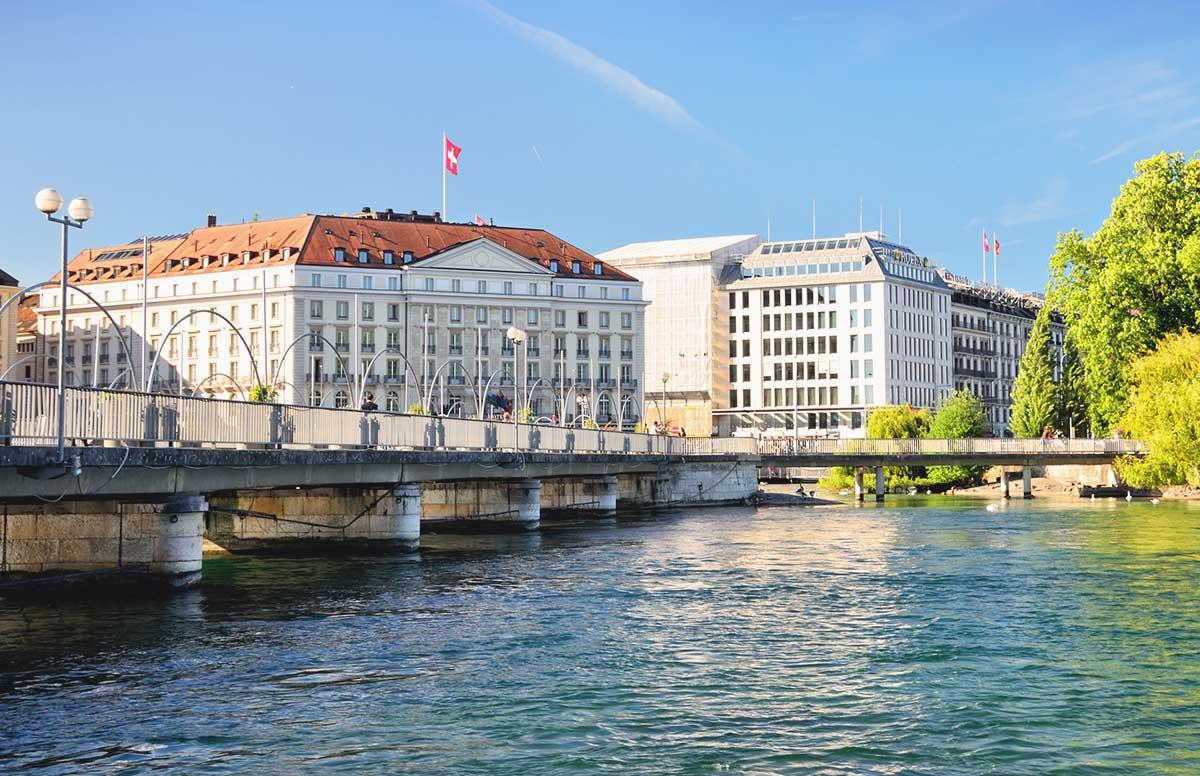Government officials meeting in Geneva this month for the 142nd World Health Organization (WHO) Executive Board meeting have a chance to focus the global body on practical solutions and real reforms that can strengthen national health care systems and help ensure people around the world receive the treatment they need. The challenge is urgent, and answers are long overdue. Today, an estimated 2 billion people aren’t getting the medicines they need—a number that unfortunately has remained relatively constant for more than a decade.
If only the WHO would help. Rather than bring the world together around constructive solutions, Director-General Tedros Adhanom looks set to tee up yet another divisive and unproductive debate about the intellectual property protections that drive discovery of new medicines and other health technologies. His “advance” report on medicines shortages relies on deeply flawed UN High Level Panel (UNHLP) recommendations that focus narrowly and exclusively on intellectual property as the barrier to access to medicines
That’s puzzling since UN Member States have never endorsed the UNHLP report and the Panel’s recommendations have been widely discredited by patient groups and many other organizations worldwide. Those governments and organizations rightly question the UNHLP’s narrow focus. In fact, 95 percent of “essential medicines” are no longer protected by patents and research shows that strong intellectual property systems actually promote global access to treatments and cures.
It’s also puzzling because numerous WHO reports have identified a wide range of barriers that can prevent patients from receiving the treatment and care they need – from poor health financing and shortages of healthcare workers to high tariffs and weak health care infrastructure. A recent study by the Pugatch Consilium found a strong correlation between those barriers and lack of access to essential medicines and no correlation between intellectual property protections and access.
It’s time the WHO stops ignoring the facts. If the international community wants to achieve real progress in global access to medicines, we need to focus on the real barriers that stand between people and the treatments they need most.
Global leaders need to invest in and develop proactive and realistic solutions that address these challenges rather than attack the very protections that bring needed medicines to markets around the world. Doing so could help billions of people better access the treatments that could change or save their lives.
If the WHO is more interested in controversy than practical solutions and real results, Member States must lead the way.


